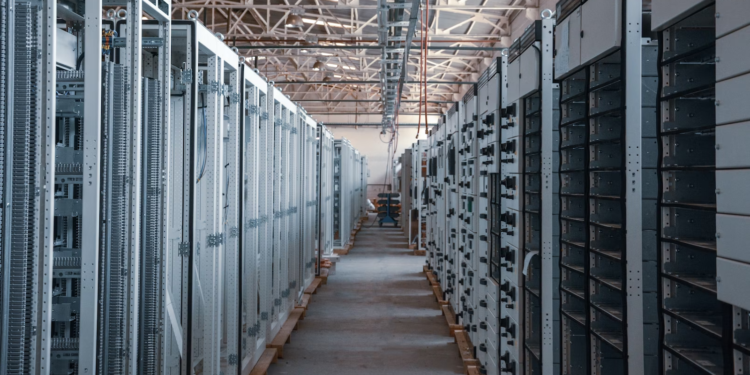Using a third-party data center for the storage and management of one’s own computers and network infrastructure is known as “colocation.” Colocation services often consist of providing a data center for customers to store their own servers and storage while also providing the necessary infrastructure, such as wiring, security, power, and cooling.
In that regard, there are many benefits of using a colocation service provider for your company. For one, colocation providers are a way more secure and stable option for the protection of your valuable data and hardware. They provide fast networking choices and higher security against power outages due to their many backup solutions. Also, they offer a more solid form of physical security for your company’s data. These include CCTV monitoring, private suites, man traps, fire detectors, and numerous suppression systems.
Businesses that use colocation services buy their own equipment and pay a colocation provider for the space and resources of their data center. The provider is then in charge of setting up and configuring their servers, as well as maintaining them in the future.
So when it comes to choosing the right one for your company’s needs, what are the most important things you should consider? In this article, we will provide you with the five crucial factors for you to make the right decision.
You Ought To Pick The Right Location
Consider the advantages of each potential colocation site before deciding on the best one for your needs. For instance, if your company’s premises are located somewhere in Michigan, it might be wise to employ the services of a professional Detroit colocation service. This is because it’s preferable to be physically close to the colocation center in the event of maintenance or disaster recovery that needs to be performed quickly.
Make Sure They Provide A Good Connection At All Times
When looking for a colocation solution, make sure the service provides easy connectivity to cloud services, network carriers, business partners, and customers. Always check beforehand if the colocation is carrier-neutral.
You should also know if they built up a sizable network of customers who are already communicating with one another and if is there a platform available to facilitate the linking and management of many clouds.
You may need to spend more in the long run if the colocation provider you select is only concerned with providing physical space and gives little weight to the importance of reliable network connections.
Choose The Right Space
Next, you need to think about how much room you have for your IT equipment. Does your current space accommodate future growth? As you explore colocation providers, consider whether or not they offer creative solutions that will satisfy your needs as your infrastructure grows. But also, keep in mind that with a bigger area comes greater costs, so choose the one that’s appropriate for your needs at the moment and in the near future.
Keep In Mind That Cooling Is Crucial
Data centers that provide colocation services also generate a lot of heat, therefore they need powerful air conditioning. Inquire with the facility managing the data center about the major and backup sources of power and cooling they use.
Find a service that uses cutting-edge cooling technology, such as elevated flooring for ventilation. They should also use continuous monitoring of air quality. Inefficient cooling is a significant expense that can lead to hardware failure.
Ask About The Amount Of Help They Provide In Emergency Situations
In the event of an issue or emergency, the colocation provider of your choosing must have on-site engineers available at all times. You may not think you’ll need assistance within your racks, but think about how helpful it would be to have access to remote hands from a skilled network expert at 3 a.m. when you need to reboot a server or need technical support for your hardware.
Also, ask about the level of support they offer in cases of disasters. Some may offer emergency operations to help customers fix environments that have been destroyed or badly impacted. Some may also offer guarantees that their data centers can handle certain types of disasters, like massive flooding and storms. Most colocation companies offer backup power, redundant networking, and other tools that make workloads that run in a colocation facility more reliable.
Final thoughts
There is a wide variety of colocation providers on the market, each with its own characteristics, advantages, and disadvantages, such as location, resilience, the availability of managed services, and more. To identify the best colocation provider, you need to analyze them as a whole, not simply rely on pricing as the single most important factor.











